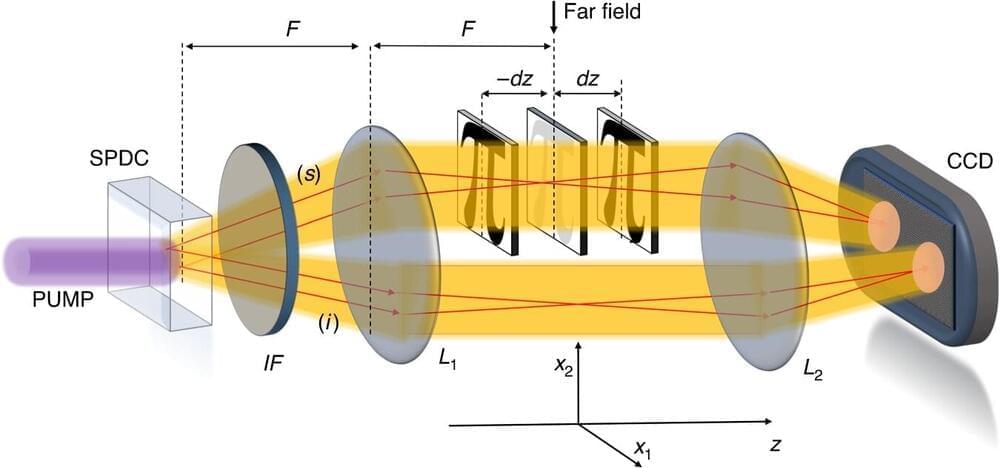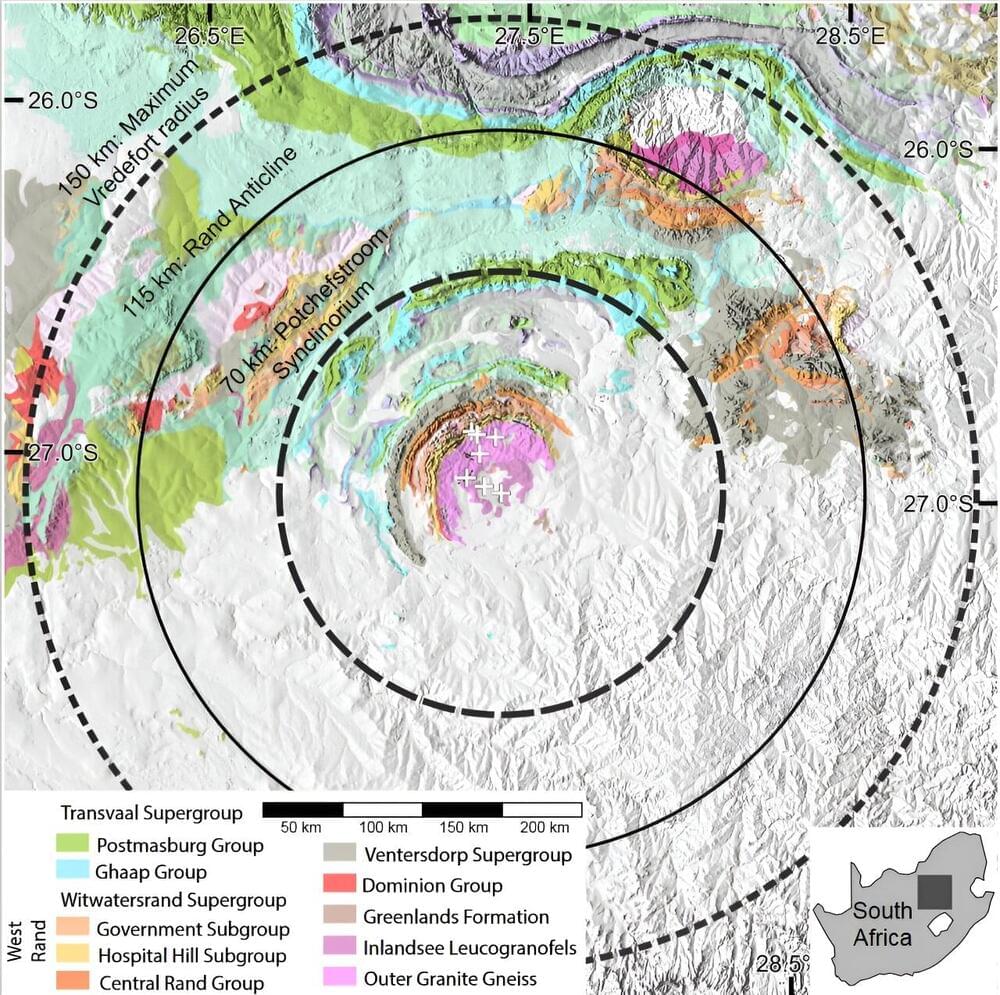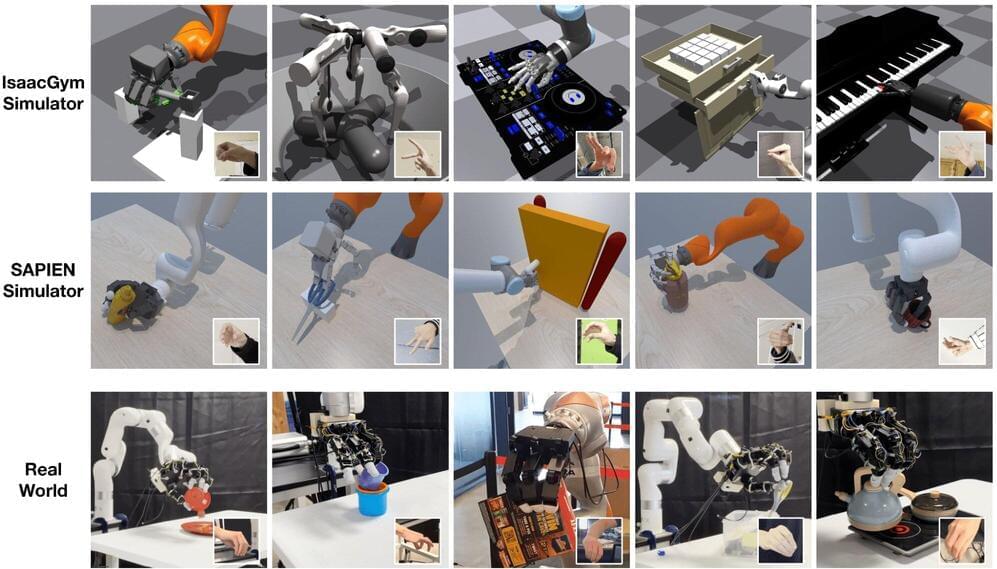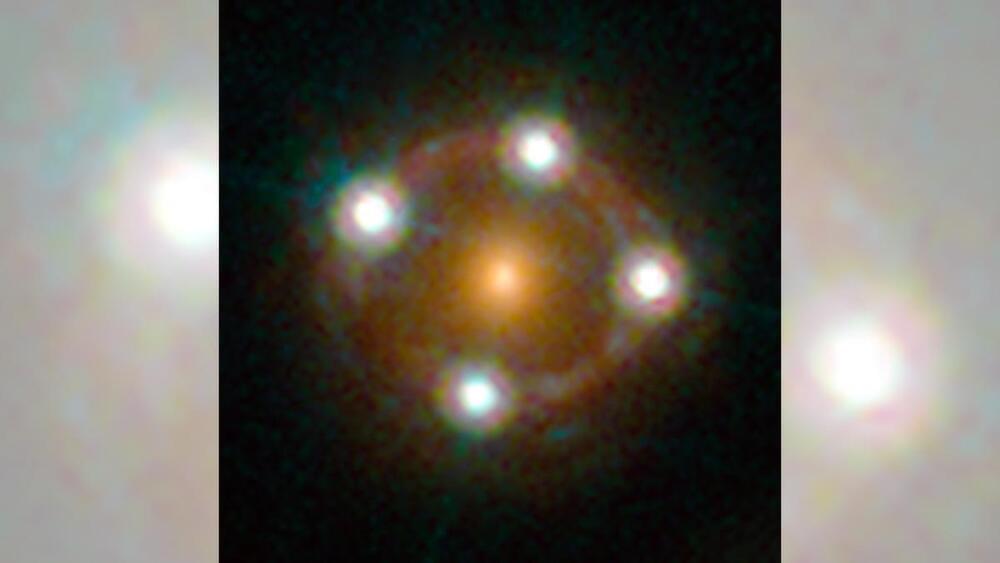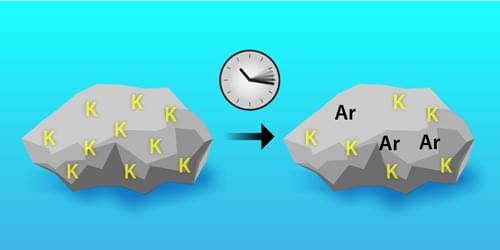Optical phase retrieval and imaging appear in a wide variety of science fields, such as imaging of quasi-transparent biological samples or nanostructures metrological characterization, for example, in the semiconductor industry. At a fundamental level, the limit to imaging accuracy in classical systems comes from the intrinsic fluctuation of the illuminating light, since the photons that form it are emitted randomly by conventional sources and behave independently of one another.
Quantum correlation in light beams, in which photons show certain cooperation, can surpass those limits. Although quantum advantage obtained in phase estimation through first-order interference is well understood, interferometric schemes are not suitable for multi-parameter wide-field imaging, requiring raster scanning for extended samples.
In a new paper published in Light Science & Application, a team of scientists from the Quantum Optics Group of the Italian National Metrology Institute (INRiM), Italy, and from the Imaging Physics Dept. Optics Research Group, Faculty of Applied Sciences of Delft University of Technology, The Netherlands, has developed a technology exploiting quantum correlations to enhance imaging of phase profiles in a non-interferometric way.
